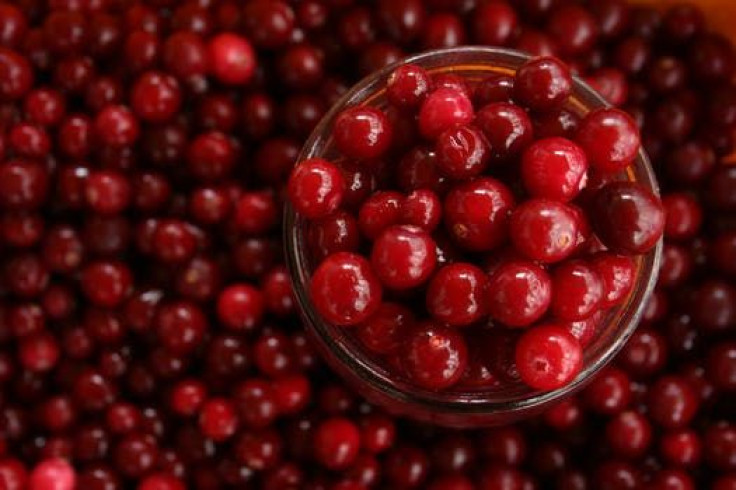The fact that cranberry juice is effective in curing urinary tract infections was deemed mythical due to a lack of medical evidence. A new study has highlighted enough scientific proof to reiterate the claim.
The peer-reviewed study, published in Cochrane Reviews, doubled down on the claim that drinking cranberry juice or any product made out of it can effectively lessen inflammation in the urinary tract which causes discomfort and an urge to pee even when the bladder is empty.
A study published in 2022 showed over 404.6 million individuals suffered UTIs between 1990-2019 globally, with UTI-related death statistics reaching over 236,000 in countries across the world. But, even as cranberry supplements are being traded as a cure for UTIs, a 2012 study involving 24 trials yielded no promising results to perpetuate its use, according to Medical Express.
In view of this, scientists from Adelaide’s Flinders University and The Children’s Hospital at Westmead in the state of New South Wales, Australia, went on to reevaluate the findings, affirming that they weren’t the least bit surprised to find the incredibly positive effects of the product.
“This incredible result didn’t really surprise us, as we’re taught that when there’s more and better evidence, the truth will ultimately come out. UTIs are horrible and very common; about a third of women will experience one, as will many elderly people and also people with bladder issues from spinal cord injury or other conditions,” said Dr. Gabrielle Williams, one of the authors of the study.
“Even back in 1973, my mum was told to try cranberry juice to prevent her horrible and frequent UTIs, and for her, it’s been a savior. Despite me niggling in her ear about evidence, she’s continued to take it daily, first as the nasty sour juice and in recent years, the easy-to-swallow capsules. As soon as she stops, wham the symptoms are back. As usual, it turns out that Mum was right! Cranberry products can help some women prevent UTIs.”
Dr. Jacqueline Stephens, an epidemiologist at Flinders University and co-author of the study, pointed out that UTIs, if left untreated, could give rise to painful complications–including something as dangerous as sepsis–by making their way to the kidneys.
UTIs are generally effectively treated by antibiotics, but Williams noted some people face recurring bouts with the problem, which is exactly when some healthcare providers started prescribing cranberry supplements to their patients. He said the old legends possibly influence their recommendation.
“It (Cranberry supplements) was a harmless, easy option at the time. Even centuries ago, Native Americans reportedly ate cranberries for bladder problems, leading somewhat more recently, to laboratory scientists exploring what it was in cranberries that helped and how it might work,” he noted.
Williams added that the new study proved promising results in the effects of cranberries in treating UTIs in patients such as “women with recurrent cases, children and people susceptible to the illness following medical interventions such as bladder radiotherapy.”
“It’s also important to consider that few people reported any side effects with the most common being tummy pain based on the results. We also did not find enough information to determine if cranberry products are more or less effective compared with antibiotics or probiotics in preventing further UTIs,” he added.

Photo courtesy of Pexels


